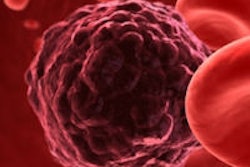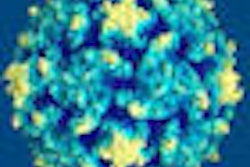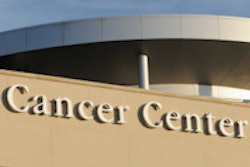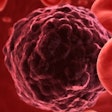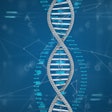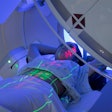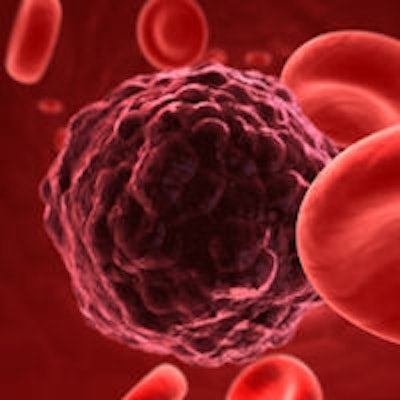
Singapore researchers have discovered a distinct mutational signature and nine significantly mutated genes associated with nasopharyngeal cancer, paving the way for the development of novel therapies for the disease, according to a new study in Nature Genetics (June 22, 2014).
The team of scientists from the Cancer Science Institute of Singapore (CSI Singapore) at the National University of Singapore (NUS); the National University Cancer Institute, Singapore (NCIS); and National University Hospital (NUH) completed the first successful comprehensive genomic study of nasopharyngeal carcinoma. This carcinoma has a particularly high prevalence in Southern China and Southeast Asia, including Singapore, according to a release from NUS.
The findings provide a better road map for studying the molecular basis of this form of cancer.
Currently, there is a limited understanding of the molecular biology of nasopharyngeal carcinoma, which develops in the epithelial lining of the nasopharynx. To date, no targeted therapy has been established, and there is a need for a comprehensive genomic landscape of this disease to guide the development of novel therapies.
Using advanced biological technologies, the researchers analyzed the genomic DNA and proteins of more than 100 nasopharyngeal cancer patients in Singapore. They found that many genes are mutated and dysfunctional in nasopharyngeal tumor cells, with some causing and exacerbating the disease. The analysis also showed enrichment of genetic lesions that affect several important cellular processes and pathways. In addition, the group identified a number of novel protein candidates with the ability to bind drugs with high affinity.
"This malignancy has been somewhat neglected because nasopharyngeal cancer is very rare in the U.S. and Europe. However, the disease is particularly common in Southeast Asia, especially Singapore," first author De-Chen Lin, PhD, a research fellow at CSI Singapore, said in the NUS release. "Our current study offers immediate translational significance for nasopharyngeal cancer research, specifically, for identifying tailored targeted therapies for the patients, who continue to suffer because, to date, no such regimens have been established."
"We wanted to boost the understanding of the etiology as well as biology of nasopharyngeal cancer with the hope for improvements in diagnostics, prognostics, and therapy, which will promote the well-being of Singaporeans," added H. Phillip Koeffler, MD, senior principal investigator at CSI Singapore and deputy director of NCIS.
"By completely deciphering all human genes at the single nucleotide level, our current findings provide an important foundation for the study of the molecular basis underlying this malignancy," Dr. Koeffler said. "More importantly, many potential therapeutic drugs have surfaced from our analysis, with some of them already in use for treating other types of tumors. Therefore, the results have the potential to rapidly facilitate the development of novel treatment strategies for nasopharyngeal cancer patients."
Dr. Koeffler and his team plan to explore the detailed molecular mechanisms of the previously unrecognized genetic defects in the next phase of research.




